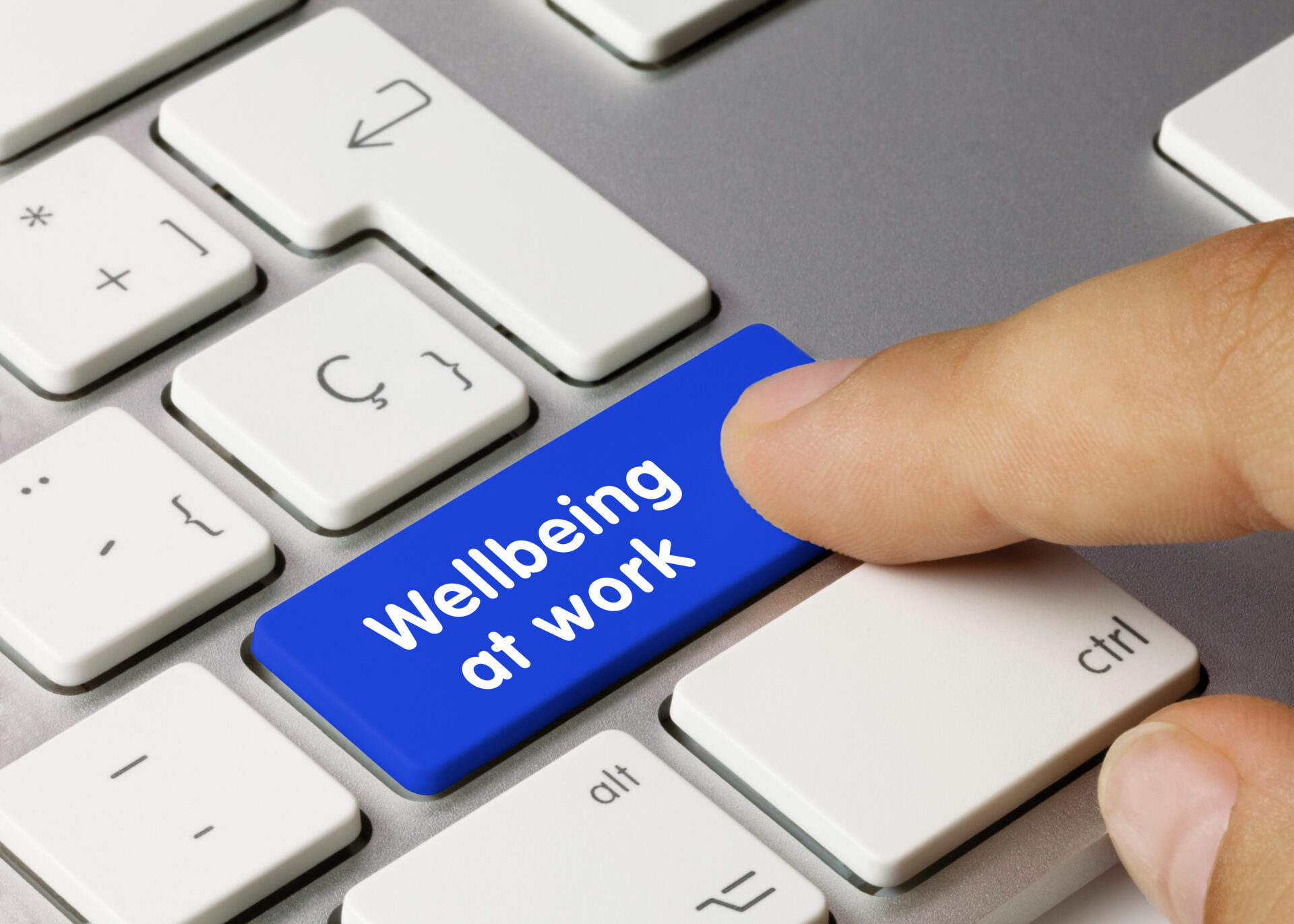More than a quarter of UK employees believed their employer was responsible for their wellbeing, according to research by Reward Gateway for the 2025 Workplace Wellbeing Report.
Partners and spouses were seen as the most responsible, with 41% of employees saying they were in charge of their wellbeing.
Doctors and healthcare providers followed at 27%, while 26% said it was down to their employer.
Only 29% thought their employer actually cared about their wellbeing.
Others who employees viewed as having responsibility included parents (16%), children (16%), friends (15%), the government (13%), other family members (11%), siblings (9%) and grandparents (4%).
The research also found that supporting staff with wellbeing played a key role in retention.
Around 88% agreed that businesses who looked after their employees would keep them for longer, and 80% said it helped attract a more diverse workforce.
Just over a third (34%) said they felt more loyal to a company that cared for their wellbeing.
Despite this, there was a gap between what employees needed and what was on offer.
Only 26% had access to benefits supporting their wellbeing at work, and less than one in five (18%) said their employer put a lot of time and effort into their wellbeing.
Only 26% felt comfortable talking about mental health at work.
Around 21% would stay in their job because of the support provided, while 15% said support from their employer was the main reason for joining and staying.
Chris Britton, people experience director at Reward Gateway, said: “It’s crystal clear that wellbeing is increasingly taking priority for employees – and employers need to be taking note.
“With more than a quarter believing that employers share responsibility for their wellbeing, having propositions, benefits and values in place that meet the evolving needs of employees is becoming a crucial factor in recruitment and retention for businesses.
“As sourcing and retaining talent becomes harder in a competitive environment, companies who fail to meet the wellbeing demands of their employees risk losing staff, reducing productivity and ultimately damaging their bottom line.”














